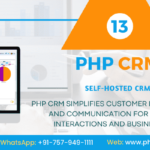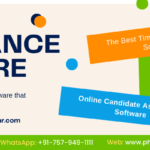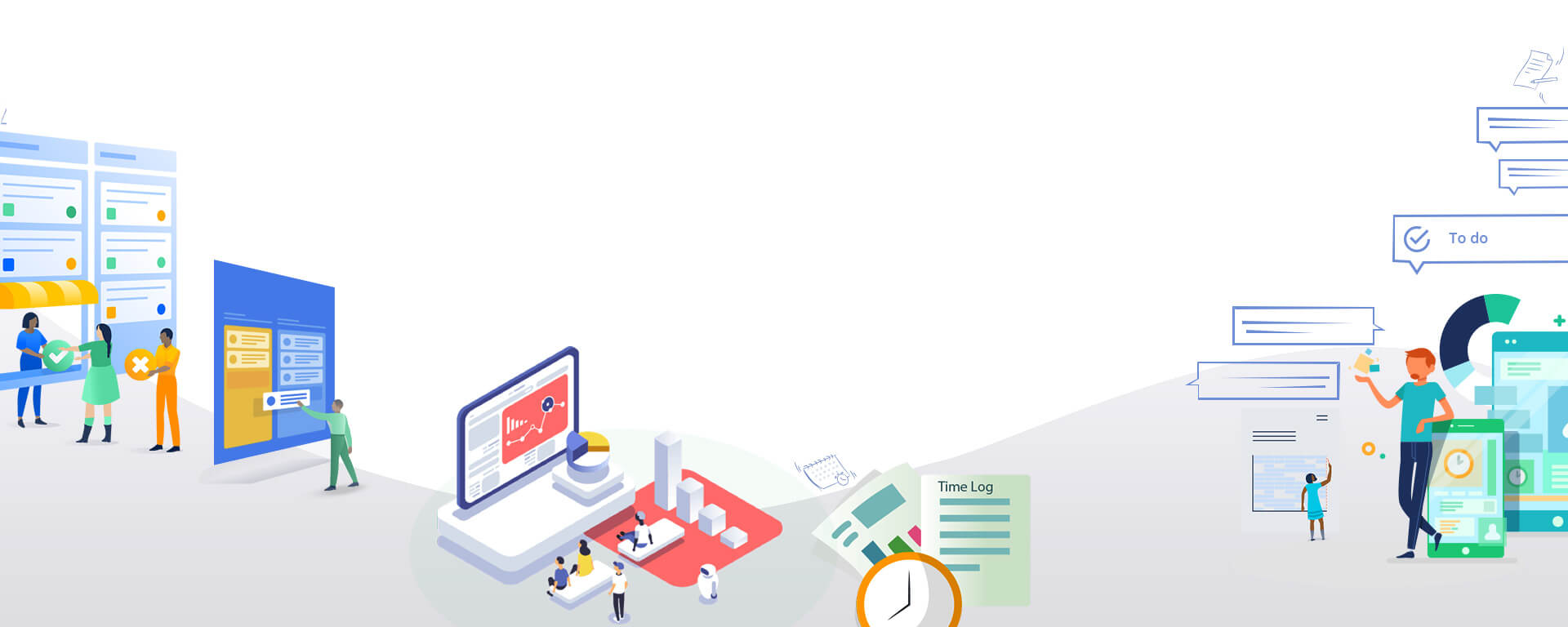CRM System
CRM System
Customer Relationship Managemet is a business strategy with outcomes that optimise profitability, revenue and customer satisfaction,by organizing around customer segments,fostering customer-satisfying behaviors and implementing customer-centric processes. This is a type of strategy used to learn more about customers’ needs and behaviors in order to develop stronger relationships with them. This system also helps you keep your customer’s contact details up to date, track every interaction they have with your business, and manage their accounts, and designed to help you, improve your customer relationships, and in turn, customer lifetime value. CRM technology implements a companywide business strategy in an effort to reduce costs and enhance service by solidifying customer loyalty. With the rise of the Internet, data mining and analytics techniques have advanced to where they can beconsidered an integral component of CRM. True CRM brings together information from all data sources within an organization to give one, holistic viewof each customer in real time.
A true CRM integrates corporate strategy, business methodology, and technology to accomplish a myriad of goals for companies that want to operate in a customer-driven environment. No business can survive without understanding its customers and having a positive relationship with them. CRM provides support for the front-end customer facing functionality (e.g., marketing, sales, and customer service), which are usually not available in traditional ERP systems.
CRM System is to create a competitive advantage by being the best at understanding, communicating, delivering, and developing existing customer relationships, in addition to creating and keeping new customers. CRM System is a central database that is accessible by all employees to view and update customer data. Help of this we easily Analysis of customer data including customer segmentation and segmentation of potential customers. This is a combination of strategies and tools that drive customer relationship programs.
High-speed secure Internet connectivity has recently spurred a lot of interest and demand in hosted CRM systems. Using thin-client architecture, such vendors as NetSuite, Inc. and Salesforce.com have provided firms with the option of a scalable CRM application suite via a browser and pay a per-month, per-user set fee. Other on-demand CRM vendors include Siebel, RightNow, Microsoft, and Oracle. Small businesses are slowly shifting to on-demand software due to high costs of installation, maintenance, and security.
CRM is a strategic business solution and not a technical solution. CRM should not be implemented as a single system or at one time. CRM systems come in a variety of shapes and sizes, but there is no real off-the-shelf solution. Even though CRM provides a great solution for one-on-one individualized marketing, it also provides good mechanisms for privacy and ethical violations.
Customers Relationship Management building block-
- A database that collects information about your customers.
- A way to analyze the information in the database.
- Collecting data to ensure your strategy is effective.
- A strategy for applying the analysis to better meet your
- clients’ needs and identify potential customers.
There is a continuum of CRM system from the most simple a spreadsheet or database containing information about your customers—referred to as a contact management system to the most complex online applications automatically linked with your back-end systems, leverages technology to manage customer relationships, and Integrates all stakeholders into a company’s product design and development
Benefits of CRM:
- Software systems can make sense of huge amounts of data
- Simplifies complex business processes
- CRM can be used at two different levels -On-demand,On-premises
CRM Today:
Globalization and ubiquitous connectivity are forcing companies to re-evaluate how to deliver value to customers.
Large and small companies now deliver similar products at low cost with an abundance of options for customers mainly due to globalization.
To be successful in this competitive environment, companies have to deliver both quality products and unique and dynamic experiences for the customer depending on his/her needs.
A good CRM system should provide support for the following functions:
Capture and maintain customer needs, motivations, and behaviors over the lifetime of the relationship.
Facilitate the use of customer experiences for continuous improvement of this relationship.
Integrate marketing, sales, and customer support activities measuring and evaluating the process of knowledge acquisition and sharing.







